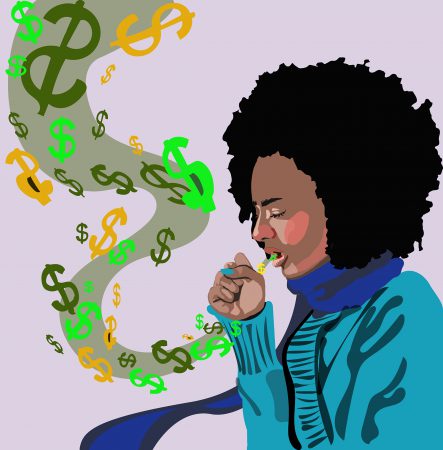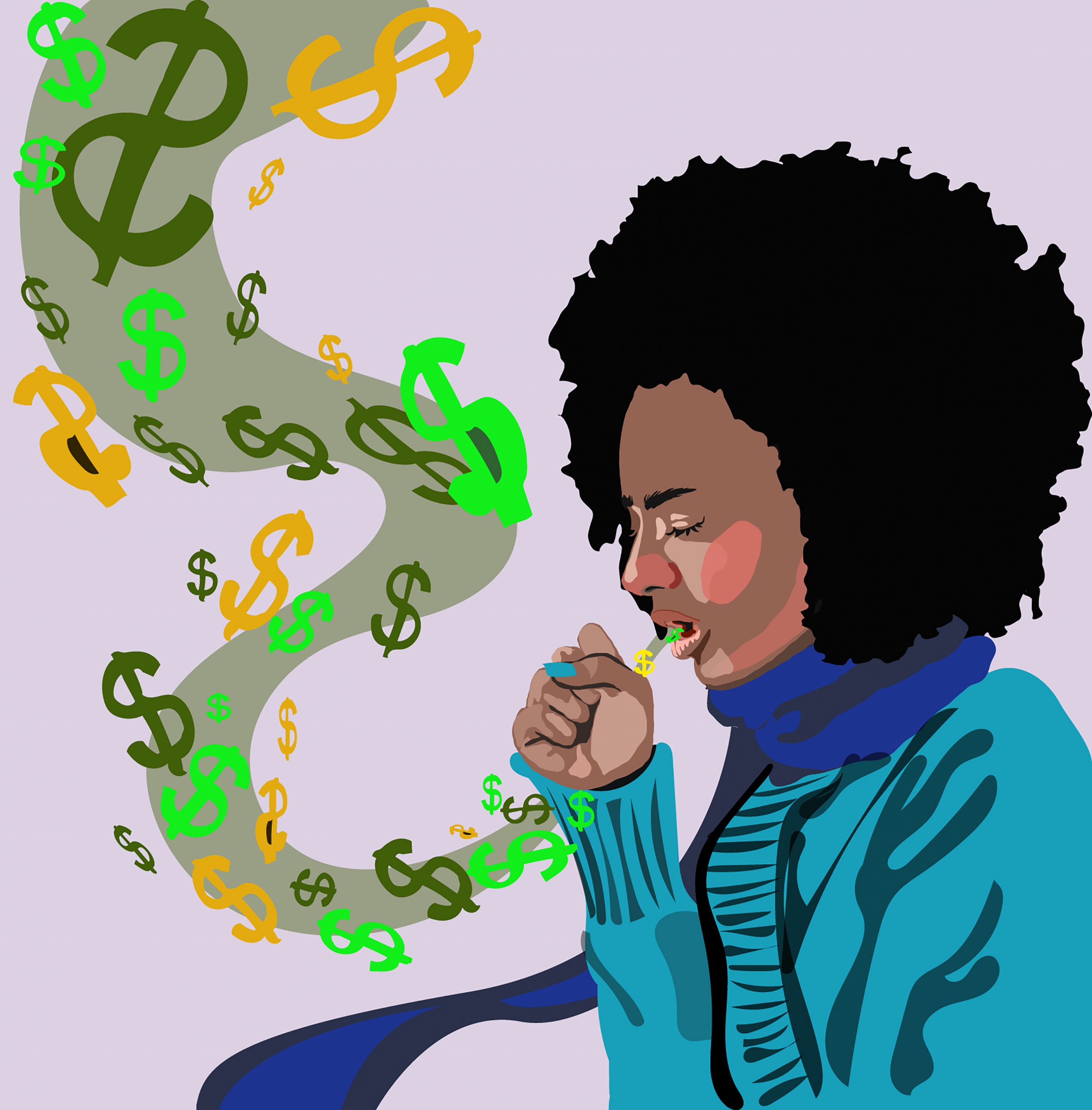
Pharmaceutical greed is costing Americans their lives, and we’re doing nothing to stop it.
A single vial of insulin costs about $5 to man- ufacture. However, the average price consum- ers pay for a vial is as high as $350. A type one diabetic uses anywhere from two to six vials per month meaning that a year’s supply of insulin costs $8,400 to $25,200.
Why is it so expensive for people to just sur- vive?
Pharmaceutical companies believe that they can mark up the cost of life-saving medications to the highest dollar with no repercussions. And at this point, that’s true because there are no limita- tions and no laws against it.
But while pharmaceutical companies are prof- iting off of these life-saving drugs, Americans are suffering from life-threatening illnesses because they can’t afford the one thing that could take their pain away.
Medications are used to treat illnesses and keep people alive and healthy. Yet, these medica- tions have become a financial burden that many have chosen to refuse treatment as to not burden their family.
In America, it has become fairly common for people to go bankrupt because of medical debt. But why is this a standard that we have accepted? Insulin prices have gotten so high that people are now rationing this life-saving drug, meaning that people are now risking their lives skipping doses to reduce the number of bottles they have to buy. This causes their blood sugars to spike, which leads to a variety of health complications like kidney and nerve damage and even death.
Meanwhile, the CEO of Eli Lilly, one of the major insulin manufacturers, makes his steadily increasing salary of $21.3 million, year after year. These corporations are blatantly raising the price of treatments at the expense of the Americans who depend on these medications to stay alive and healthy.
This is a systemic problem that we need to address. We need to put pressure on our elected officials to get their heads out of their asses and support bills like the Affordable Drug Manufac- turing Act.
In England, the government sets a maximum price for a drug and if companies don’t agree, they lose out on the entire market. This puts the drug manufacturers at a disadvantage, driving down the price of medicine.
If we could enact a system like the one Eng- land uses, that would make drug manufacturers depend on us, not the other way around.
We need to hold our elected officials account- able to ensure they are not in the pockets of big pharmaceutical companies. We need to put these pharmaceutical companies in the spotlight and show the world the corruption that is happening right under our noses.
In this critical period where many are unem- ployed with no health insurance, and health prob- lems are at the center of conversations, there is no better time to raise awareness for these issues.
In 1923, the person who discovered insu- lin, Fredrick Banting, said that it was unethical for doctors to profit off of a drug that would save lives. But after almost 100 years, Ameri etting pharmaceutical companies do just that.

